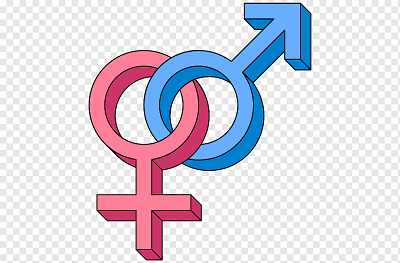By T’soloane Mohlomi
Maseru – It is quite the norm for civil society organisations and governments to foster the inclusion of women in valuable sectors such as corporate, while the rights of males are constantly overlooked and deferred.
In a bid to foster the inclusion of women in society as like in most countries in the world and exacerbated by a growing trend of robust activist styled movements like the global feminist movements. The African continent is also not left behind and is on the bandwagon of ensuring the rights of women are prioritised in a bid to aid enhanced gender inclusivity.
In contrast however, given the sincere reasons of empowering females, due to their ostracization, and their rights in the past being without a doubt trampled upon, this has however subsequently created an unenviable one-sided narrative, where the rights of men are now ignored altogether, as if they don’t exist at all.
Gender roles are also a prominent issue in latter times where globalization and the results of cultural exchanges have instilled a paradigm shift with many women now resuming roles which were traditionally reserved for males, heralding the age of the alpha female.
Speaking at a recent WCO gender inclusivity and diversity summit for the East and Southern African (ESA) region, which this year held the theme dubbed “Advancing Gender Inclusivity and Diversity in the ESA, region, Mrs Anna Holstein-director, for human resource development in the Seychelles, said in her country the need to incorporate males in the gender inclusivity dialogue was paramount, as gender roles were different in her country.
Mrs Holstein explained that due to the demographic makeup of the Seychelles; in her country women are regarded as heads of families as opposed to males, this has in turn reversed the gender roles and created what could be regarded to other African states as an unusual structure.
In the picturesque island of Seychelles with an estimated population of less than 100,000, women make up a larger percentage than males, as a result they occupy far more significant roles which are key to the growth and development of government and other sectors of the economy. This unusual gender setup is also influenced by cultural differences.
“The demographic makeup of Seychelles which has 92,000 people is made up of more females than men, so in customs and other key sectors it is women leading in key positions. Due to our different cultural background women are seen as the head of the family, what we say goes, so we are treated more superior than males, we are entitled to education so we can support our households.
“As a result of this unusual structure women are treated more significantly on the Island and this has led to the marginalisation of numerous men with an inferior complex which results in low self-esteem, she indicated.
Echoing Mrs Holtein’s sentiments, it couldn’t be further from the truth that the Seychelles issue is in recent times a mere microcosm of a bigger developing issue in today’s world, and if it goes unattended it may cause more problems than the problems brought upon by the marginalizing of females.
The issue in Lesotho couldn’t be any different as the needs of males also require special attention. In a recent farewell ceremony for revered philanthropist Dr Peg Herbert who is the founder of Help Lesotho, a non- governmental organization delivering life skills training and mental health support in rural Lesotho, Dr Herbert herself said she wished males could also be given attention in the Mountain Kingdom as they are faced with serious challenges but have nowhere to turn to.
Dr Herbert astoundingly said that Lesotho has the highest suicide rate and mostly committed by males.
“Men are really struggling in this country, we have uplifted many girls, children incorporated in industries, we uplifted males too however we feel women are more prioritised and this has left an unjust balance, contributing in Lesotho having the highest suicide rate in the world most of it in men,” she stipulated.


